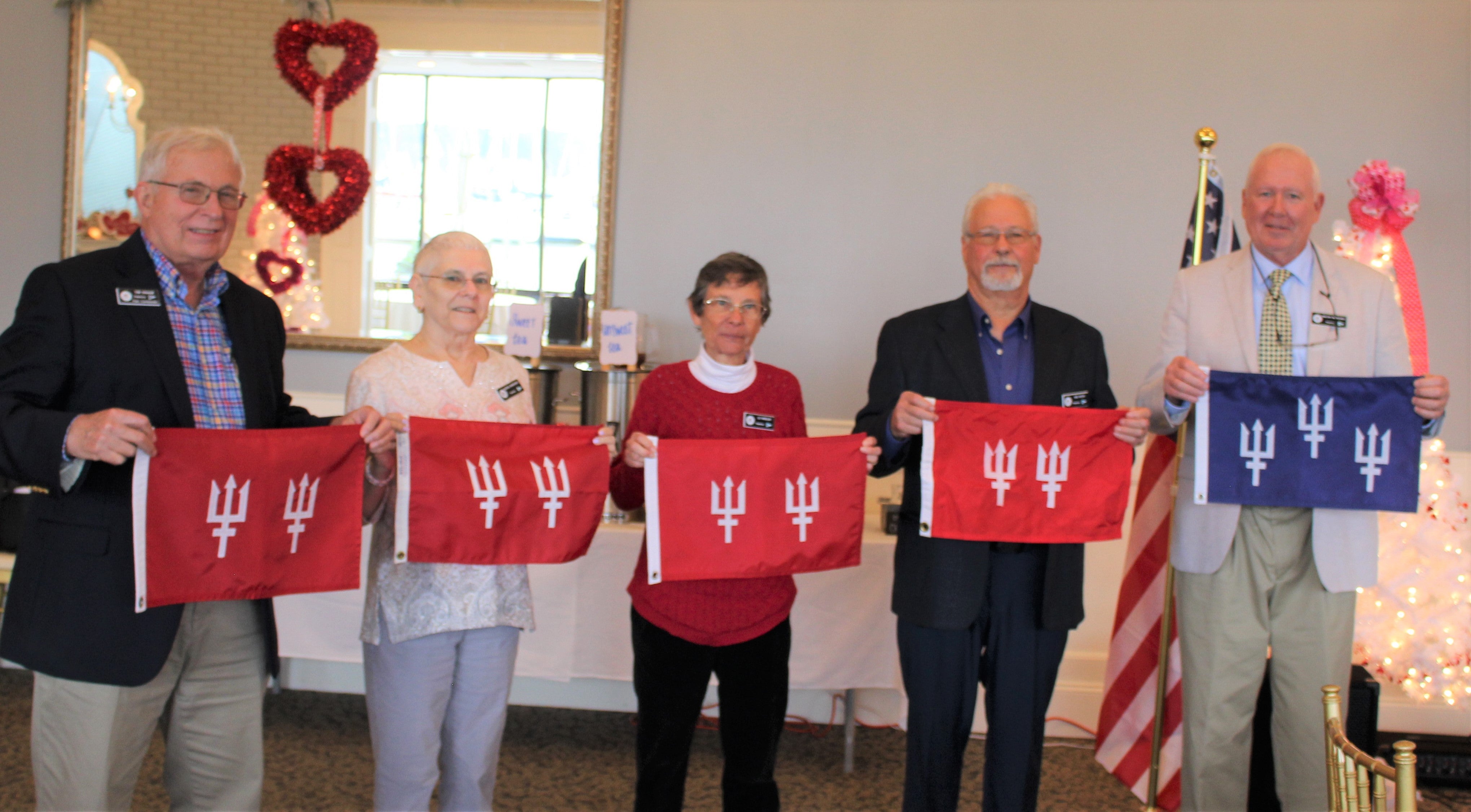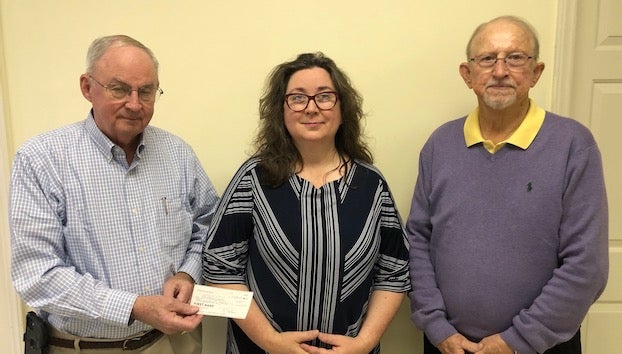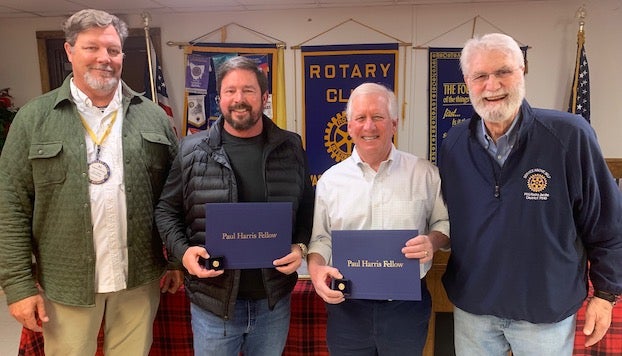Oysters in the Pamlico River: why they are important, current status and strategies for the future
Published 9:22 am Monday, November 5, 2018
From the Cypress Group of the Sierra Club
On Nov. 12, at 7 p.m., guest speaker Peter Boettger will present a program about oysters on the Pamlico River at the monthly meeting of the Cypress Group of the Sierra Club at 131 Oakmont Drive in Greenville.
Oyster harvest has provided an important source of food in North Carolina coastal areas since before recorded history. Yet, statewide, the oyster harvest has declined to just 15 to 20 percent of what it was in 1889. That was when 800,000 bushels of oysters were harvested from North Carolina waters — that is 5.6 million pounds of oyster meat.
Today, despite some recovery, oysters remain listed as a “species of concern” by the North Carolina Division of Marine Fisheries. Environmentalists are concerned because oysters and the reefs they form provide many ecological benefits, such as helping to control shoreline erosion, filtering water and providing critical marine habitat and a link in the estuarine food web.
Capt. Boettger will describe the state of oyster stocks and various strategies for improvement in the Pamlico River. Boettger, who grew up fishing and crabbing on Maryland’s Eastern Shore, is retired from East Carolina University’s Brody School of Medicine. He has been fishing and hunting the Pamlico since moving to Greenville in 1987. He has remained involved in local environmental issues since that time, including six years of service on the Pamlico-Tar River Foundation’s board of directors from 2004 to 2010.
In retirement, Boettger operates Machapunga Ecotours in Belhaven, offering boat tours and trips that emphasize the ecology of the estuaries on the Pungo, Tar and Pamlico rivers.
Since 1892, the Sierra Club has been working to protect communities, wild places and the planet itself. It is the oldest, largest and most influential grassroots environmental organization in the United States. The Cypress Group includes 19 counties across northeastern North Carolina. Its meetings are free and open to the public.
For more information, contact Cindy Elmore, 252-258-3329.





